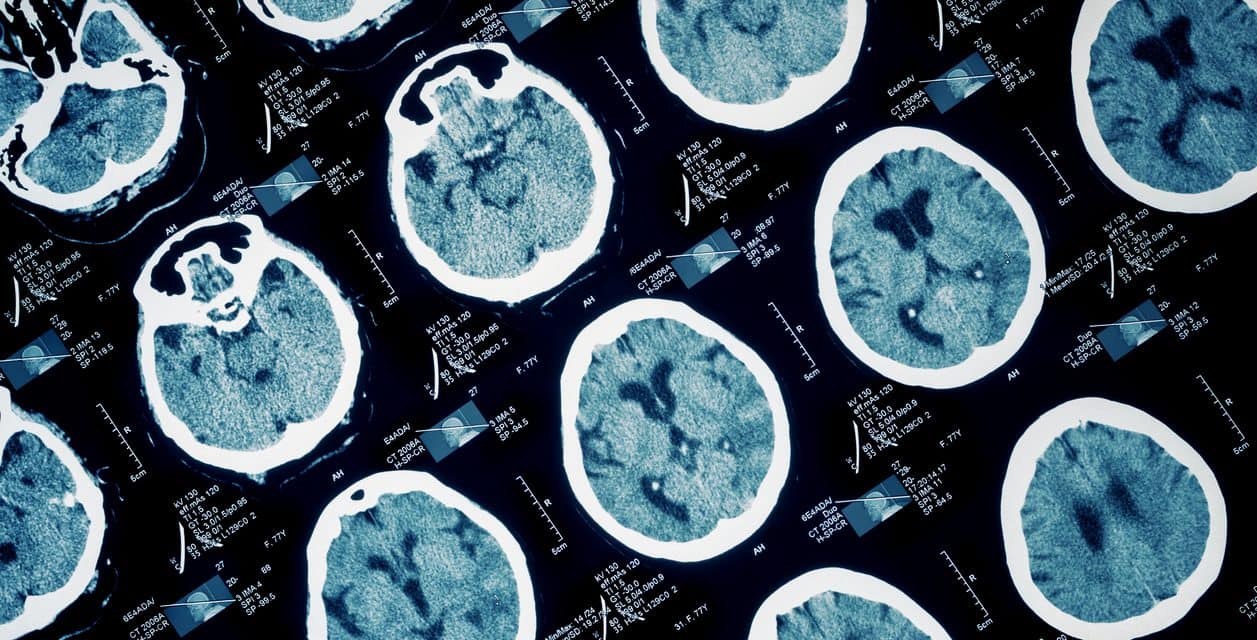Auto-immune encephalitis is a rare and complex disease. The patient’s brain gets inflamed as healthy cells get attacked by the immunity system. Associated neurological and psychiatric symptoms require diagnosis and early treatment. This study aims to look for a new antibody with characteristic pathogenic mechanisms.
The objective of the study was to find a novel antibody targeting the synaptic receptor. Serum and cerebrospinal fluid samples collected from auto-immune encephalitis patients got screened for unknown antibodies. Rat brain section reactivity and conventional antibody test non-reactivity samples got further processed. Cultured hippocampal neurons got subjected to electrophysiology assay. Mass spectroscopy analysis, antigen-binding assay, and primary neuron cell immunoprecipitation techniques were also utilized.
A novel CaVα2δ (voltage‐gated calcium channel alpha‐2/delta subunit) antibody was found in 2 patients. Their samples stained basal ganglia, hippocampus neuropils, and rat brain cortex. The binding to the CaVα2δ‐overexpressing cell line was confirmed. The patients’ antibody immunoreactivity to neurons turned off when CaVα2δ expression in cultured neurons got knocked down. The patients with neuroendocrine carcinoma or preceding meningitis responded to immunotherapy. The antibody lowered neurotransmitter release from the presynaptic terminals in cultured neurons. It interfered with exocytosis and tight coupling of calcium channels.
A novel CaVα2δ anti-body was associated with autoimmune encephalitis. It has to be further analyzed for better diagnosis and early treatment.
Ref: https://onlinelibrary.wiley.com/doi/abs/10.1002/ana.26017


